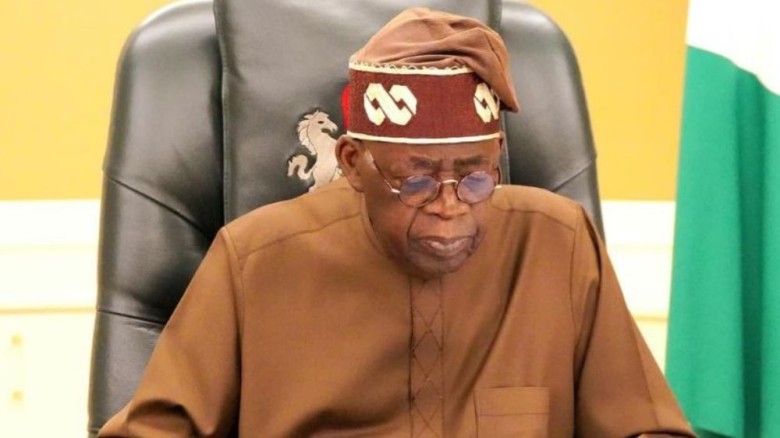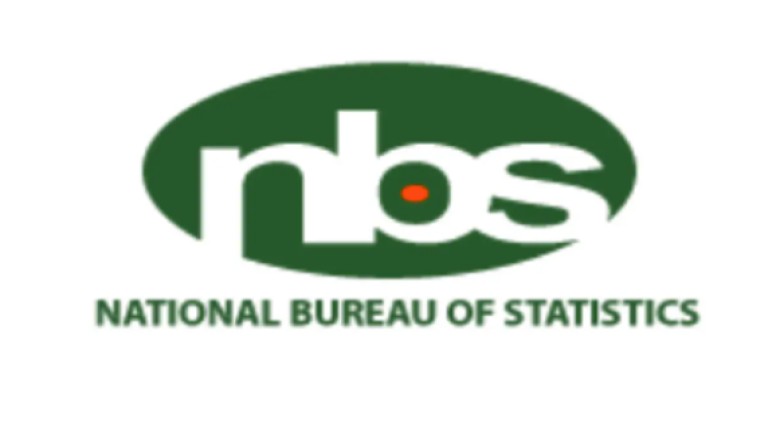Nigeria's unemployment rate reaches 0.8% in the third quarter of 2023, according to the NBS report
In the third quarter of 2023, Nigeria experienced a 0.8% increase in its unemployment rate, as reported by the National Bureau of Statistics. This marked a significant escalation from the 4.2% recorded in Q2 2023 to 5.0% in Q3 2023. The NBS, the official custodian of statistics in the country, disclosed these findings in a report titled 'Nigeria Labour Force Survey Q3 2023,' published on Monday. The report also revealed a decrease of 1.5% in the employment-to-population ratio, which stood at 75.6% in Q3 2023 compared to the ratio in Q2 2023.
The aggregate rate encompassing both unemployment and time-related underemployment, as a portion of the labor force population (LU2), saw an uptick to 17.3% in Q3 2023 compared to 15.5% in Q2 2023.
In Q3 2023, approximately 87.3% of workers were self-employed, while those engaged in Wage Employment constituted 12.7% of the workforce.
"The unemployment rate saw a noteworthy rise in Q3 2023, reaching 5.0%, which reflects an increase of 0.8% from Q2 2023.
Among individuals with post-secondary education, the unemployment rate stood at 7.8% in Q3 2023," as indicated in the report.
It further mentioned that the unemployment rate for individuals aged between 15 and 24 years was documented at 8.6% in Q3 2023, and the informal employment rate during the same period was 92.3%.
The report stated, "In Q3 2023, the urban unemployment rate was 6.0%, indicating a slight increase of 0.1% from Q2 2023. Time-related underemployment in Q3 2023 reached 12.3%, displaying a marginal increase of 0.5% from the rate observed in Q2 2023, showcasing a rise of 1.4% compared to the rate in Q4 2022.
A 4.1% portion of the working-age population engaged in subsistence agriculture in Q3 2023. The informal employment rate in Q3 2023 was 92.3%, compared to 92.7% in Q2 2023.
The percentage of youth Not in Employment, Education, or Training was 13.7% in Q3 2023."
Last Thursday, Nigeria experienced an uptick in the inflation rate to 29.90% in January 2024 from the 28.92% recorded in the preceding month.
The 0.98% surge indicates that the inflationary trend in the country is still on the rise. This information was disclosed by the NBS in its 'Consumer Price Index.'
This development intensifies the pressure on the Central Bank's monetary policy committee to consider a substantial increase in interest rates at its February 26-27 meeting, marking its first meeting in seven months.
























Leave A Comment